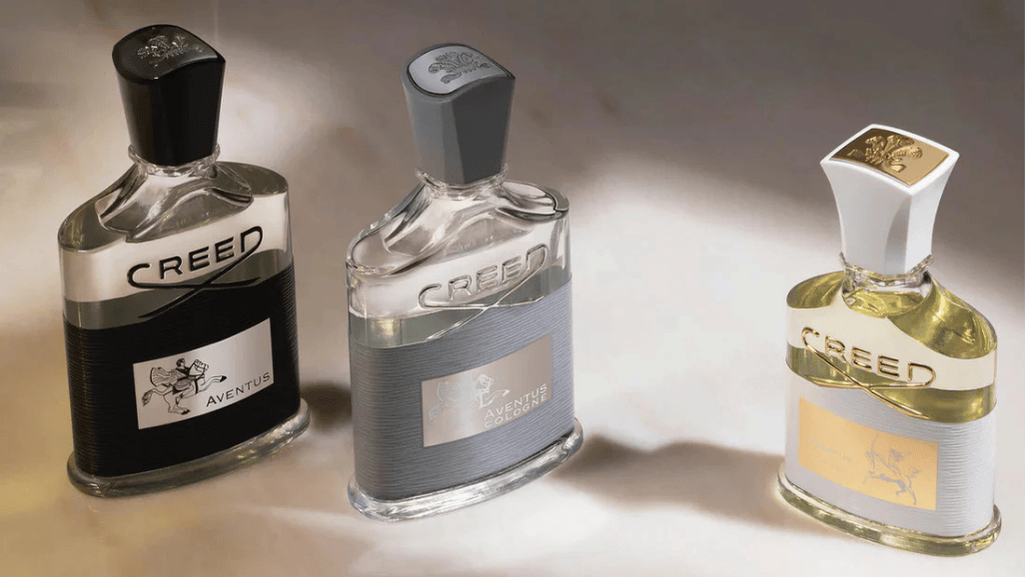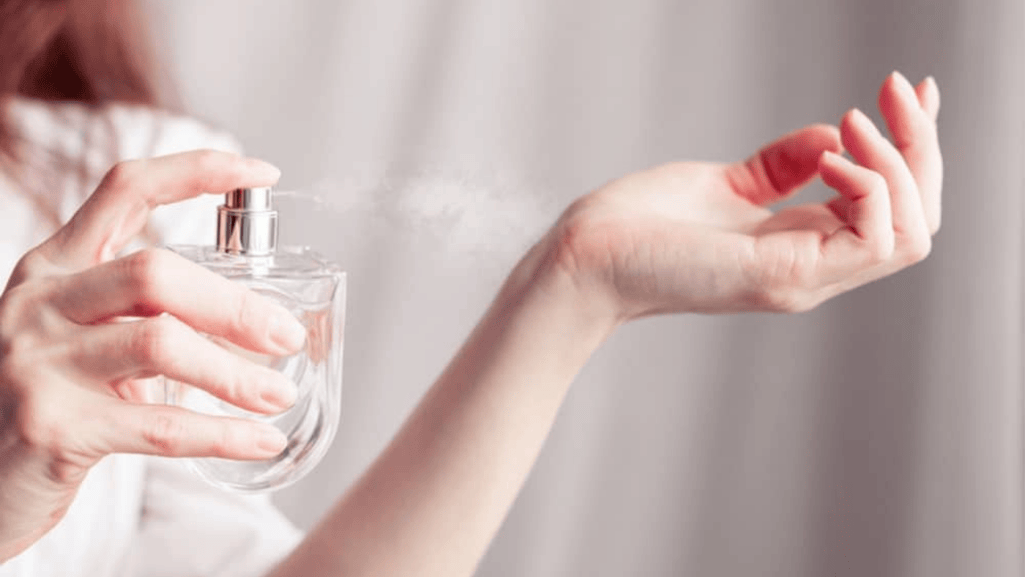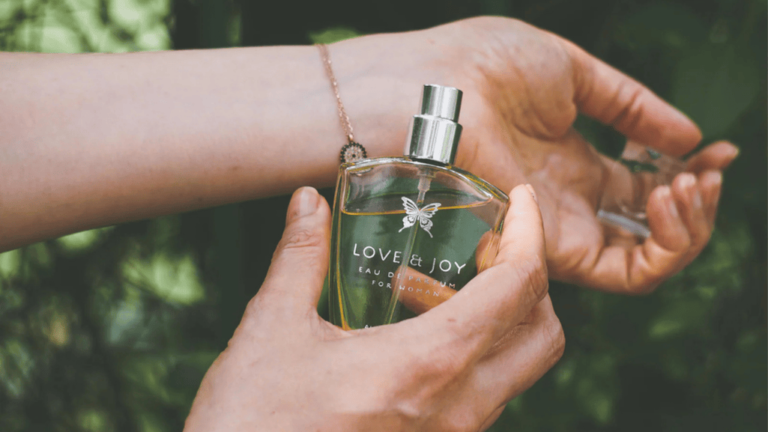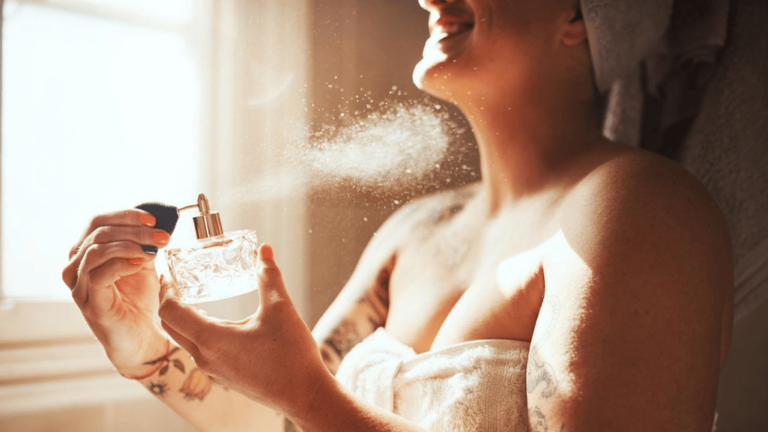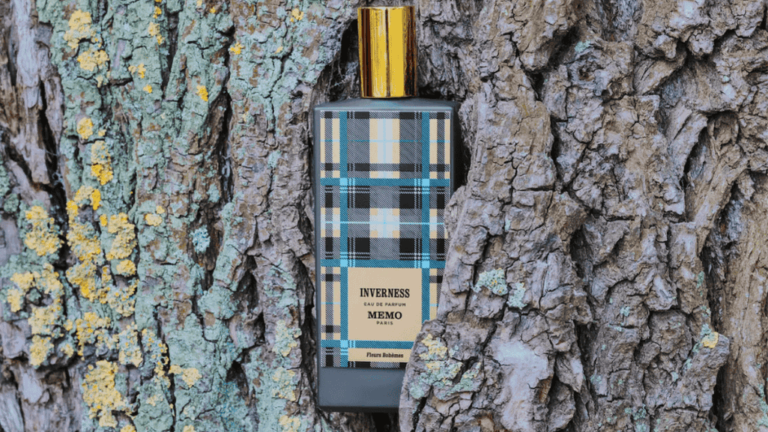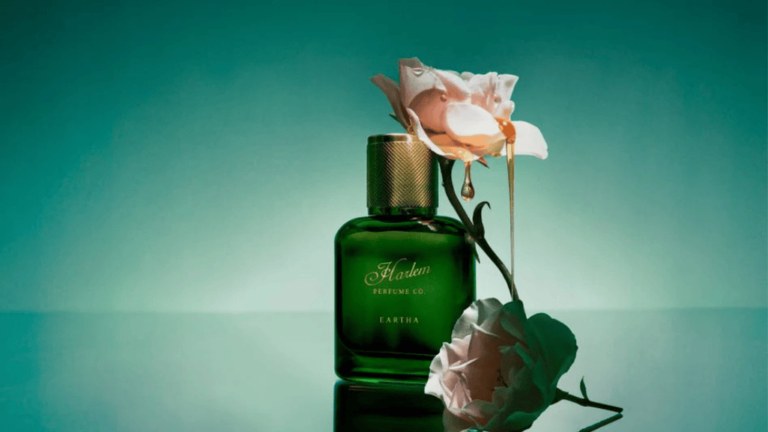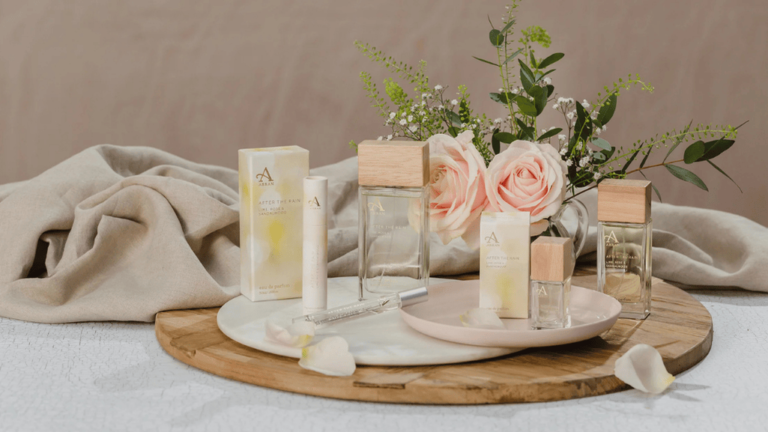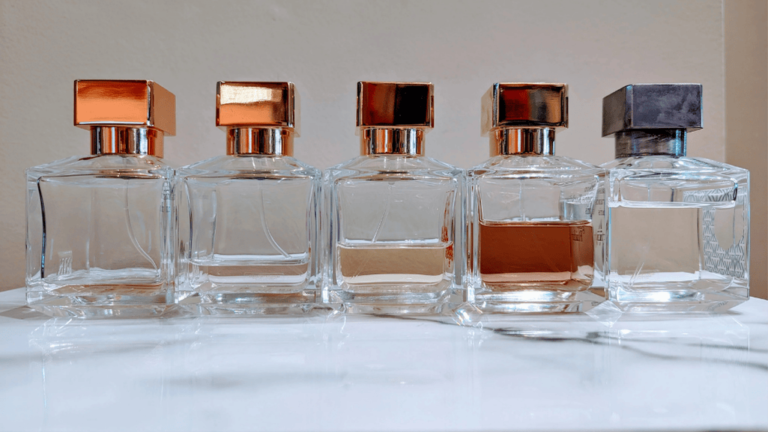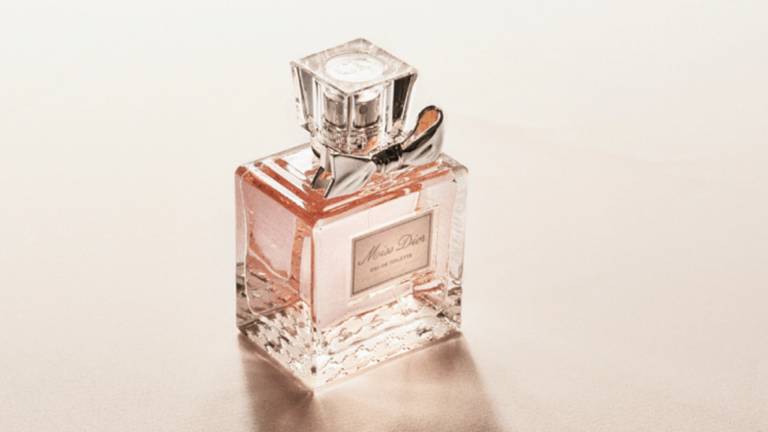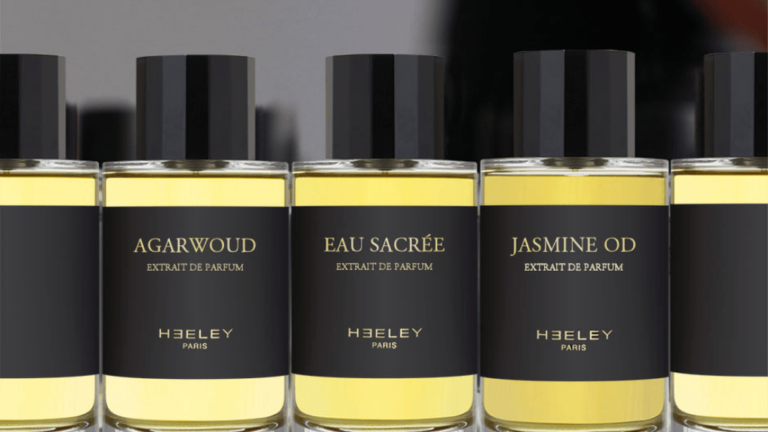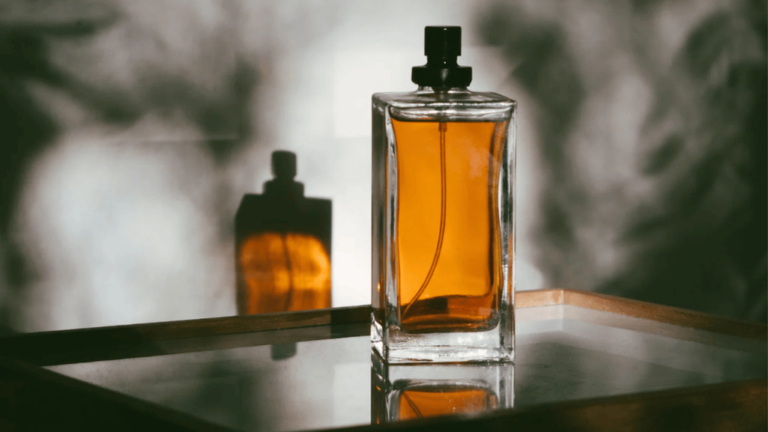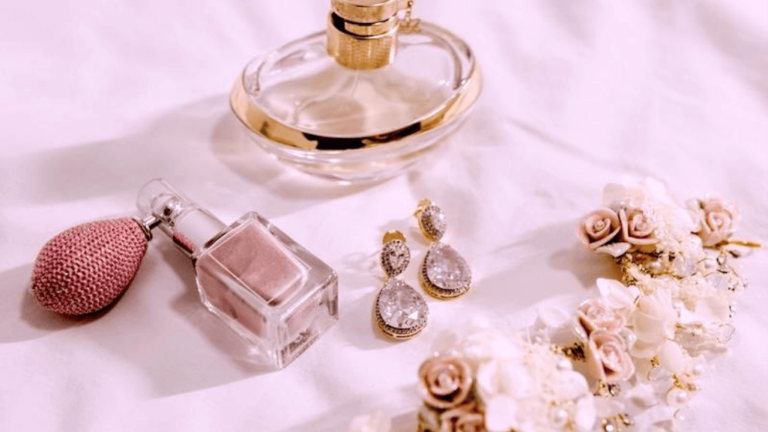When it comes to shopping for perfume, understanding the difference between de parfum vs de toilette. Both options offer unique fragrance experiences, but the variation in concentration affects the scent’s strength and longevity.
Eau de parfum typically contains a higher concentration of fragrance oil, ranging from 15 to 20 percent, while eau de toilette has a lower concentration of around 10 to 15 percent. This variation in concentration leads to differences in scent intensity and staying power. Eau de parfum tends to have a denser and richer fragrance due to its higher concentration, while eau de toilette provides a lighter and fresher scent.
It’s important to note that the nuances of a fragrance can also develop differently on the skin when the concentration of fragrance oil is increased. Although eau de parfum and eau de toilette may share similar notes, they will still have distinct characteristics.
The price difference between eau de parfum and eau de toilette is not determined by the ingredients used, but rather the concentration of fragrance oil. Keep in mind that the choice between the two depends solely on personal preference and the desired fragrance strength.
Key Takeaways:
- Eau de parfum has a higher concentration of fragrance oil, resulting in a more intense and longer-lasting scent.
- Eau de toilette has a lower fragrance concentration, offering a lighter and fresher scent.
- The choice between eau de parfum and eau de toilette depends on personal preference and desired fragrance strength.
- The pricing difference is based on fragrance concentration, not the ingredients used.
- Remember to explore different variations and trust your instincts to find the perfect scent for you.
de parfum vs de toilette
When it comes to fragrances, understanding their longevity and shelf life can help you make informed choices and optimize your perfume experience. The longevity of a fragrance is influenced by its concentration and the quality of ingredients used. Generally, eau de parfums have better sillage and longer-lasting scents compared to eau de toilettes. The higher concentration of fragrance oils in eau de parfums allows the scent to linger on the skin for an extended period.
However, it’s important to note that fragrance longevity can also vary based on individual notes and the wearer’s skin chemistry. Certain notes may evaporate more quickly or interact differently with your skin, affecting the overall longevity of the scent.
Another factor influencing fragrance longevity is the shelf life of perfumes. Perfumes can last for several years, but their longevity is influenced by various factors, including the quality of ingredients and how the perfume is stored. Most perfumes have a shelf life of at least three to five years, but it’s essential to consider the perfume’s architecture.
A fragrance’s architecture refers to the unique combination of notes and accords that create its scent profile. Each fragrance has a delicate balance of top, middle, and base notes, and the quality and stability of these ingredients play a crucial role in determining its shelf life.
Over time, exposure to light, temperature variations, and oxygen can degrade the quality of the ingredients, leading to changes in color and scent. If you notice any changes such as a change in color or a sour or musty scent, it may be an indication that the perfume has expired and should be retired.
Fragrance Longevity Tips:
- Store perfumes in a cool, dry, and dark location: This helps minimize exposure to light, heat, and air, which can accelerate the deterioration of the fragrance.
- Avoid leaving perfumes in hot and humid environments: Heat and humidity can cause the fragrance oils to break down more quickly, leading to a shorter shelf life.
- Keep the perfume bottles tightly sealed: This helps minimize the exposure of the fragrance to air and prevents unnecessary evaporation.
- Avoid storing perfumes in the bathroom: Frequent changes in temperature and humidity in the bathroom can negatively impact the fragrance’s quality and longevity.
- Consider investing in a perfume atomizer: Transferring a small amount of perfume into an atomizer can help protect the remaining fragrance from unnecessary exposure to air and extend its shelf life.
By understanding fragrance longevity and taking proper care of your perfumes, you can ensure that they remain fresh, vibrant, and enjoyable for an extended period.
| Factors Affecting Fragrance Longevity and Shelf Life | Eau de Parfum | Eau de Toilette |
|---|---|---|
| Concentration of fragrance oil | Higher concentration (15-20%) | Lower concentration (10-15%) |
| Strength and longevity | Longer-lasting and more intense | Lighter and fresher |
| Individual notes and wearer’s skin chemistry | Can vary | Can vary |
| Shelf life | 3-5 years (varies based on fragrance architecture) | 3-5 years (varies based on fragrance architecture) |
| Signs of expiration | Change in color, sour or musty scent | Change in color, sour or musty scent |
Choosing the Right Fragrance Strength
An eau de parfum contains a higher concentration of fragrance oil, typically ranging from 15% to 20%. This higher concentration results in a longer-lasting and more aromatic scent experience. Eau de parfums are ideal for special occasions or when you want a more intense fragrance that lingers throughout the day.
On the other hand, an eau de toilette has a lower concentration of fragrance oil, typically ranging from 10% to 15%. This makes it lighter and fresher, perfect for everyday wear or during warmer weather when you prefer a more subtle scent.
Choosing the right fragrance strength ultimately comes down to personal preference and the occasion. Consider the type of scent you enjoy, the longevity you desire, and the atmosphere in which you’ll be wearing the fragrance. Trust your nose’s instincts and explore different variations of a scent to find what suits you best.
Fragrance Terminology
Understanding fragrance terminology can also help in choosing the right perfume strength. Here are some key terms to know:
- Top notes: These are the initial scents that are perceived immediately after applying the fragrance. They are typically lighter and can fade relatively quickly.
- Heart or middle notes: As the top notes fade, the heart or middle notes of a fragrance become more prominent. These notes contribute to the main character of the scent and can last for several hours.
- Base notes: The base notes emerge as the fragrance dries down. These notes are often richer and more long-lasting, providing the foundation of the scent.
By understanding these terms, you can better assess how a fragrance will evolve and how its strength may vary over time.
Consider Your Fragrance Preferences
When choosing the right fragrance strength, it’s important to consider your personal preferences. Ask yourself:
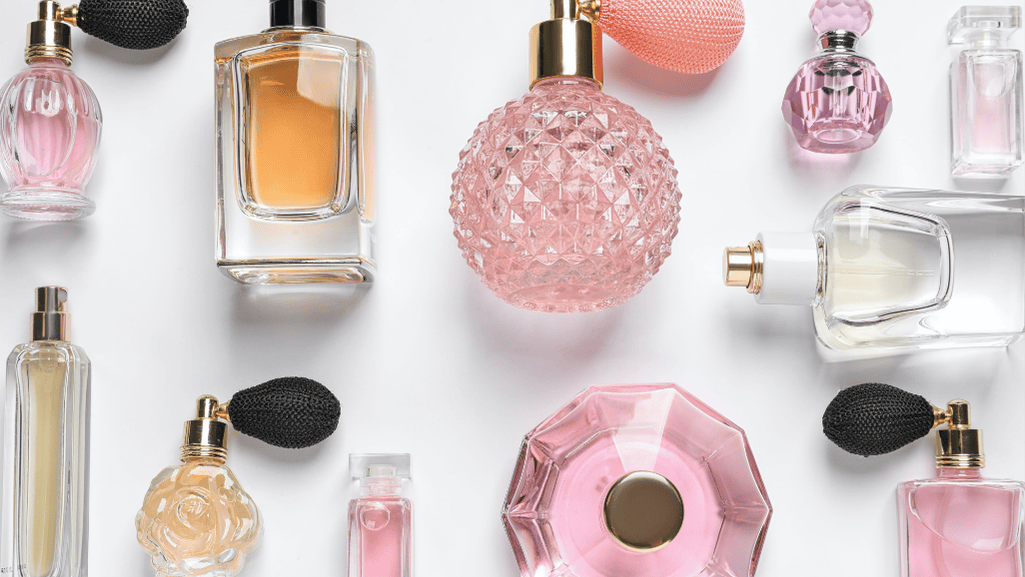
- Do I prefer a bold and long-lasting scent, or do I prefer something more subtle?
- What occasions will I be wearing the fragrance for? Do I need a scent that lasts all day or just a few hours?
- How does the fragrance make me feel? Do I enjoy a strong presence or a more delicate aura?
Taking the time to understand your own fragrance preferences will help guide you in selecting the perfect perfume strength for every occasion.
TableNameTag
Fragrance Application Tips
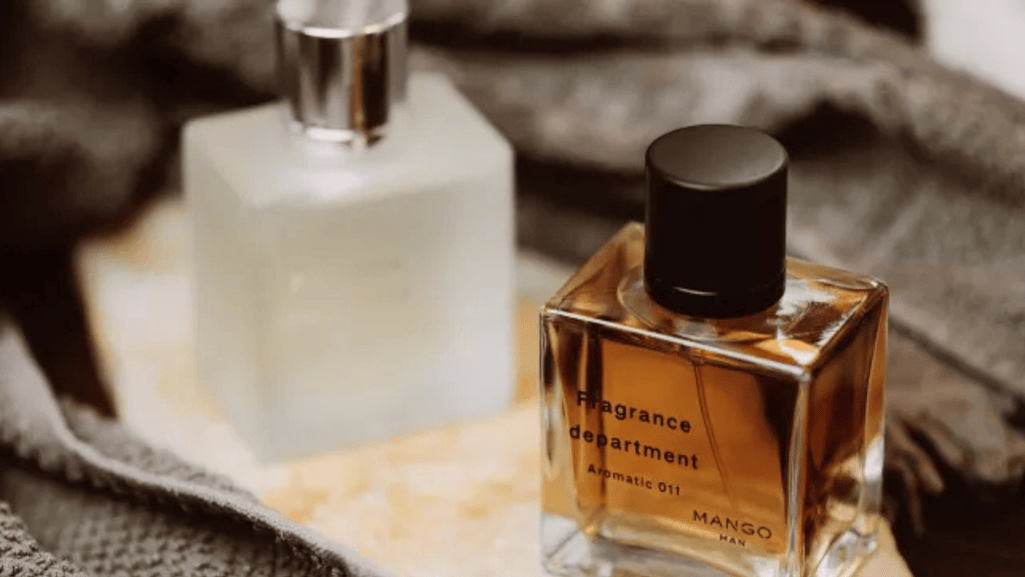
In order to maximize the scent longevity and make the most out of your fragrance experience, it’s crucial to apply perfume correctly. Follow these fragrance application tips to ensure a long-lasting and impactful scent:
I. Spritz on Pulse Points
When applying perfume, target your pulse points. These areas emit heat, which helps to diffuse the fragrance. The most common pulse points to apply perfume include the neck, wrists, and behind the earlobes. Spray the fragrance directly onto these areas to maximize its potency and longevity.
II. Extend the Fragrance
For a longer-lasting evening fragrance, consider adding an air spritz or spraying the perfume once or twice into your hair. Hair tends to hold onto scents, allowing the fragrance to linger throughout the day or evening.
III. Consider Skin Type
It’s worth noting that fragrance adheres to oils. If you have drier skin, consider moisturizing your skin prior to applying perfume. This will help the fragrance last longer and have a stronger impact. Alternatively, if you have oily skin, you may find that the scent naturally lasts longer without the need for additional moisturization.
IV. Avoid Common Perfume Mistakes
There are common perfume mistakes that can impact the overall longevity and effectiveness of the fragrance. Avoid these mistakes to ensure optimal scent application:
- Applying too much: A little goes a long way with perfume. Apply it lightly to avoid overwhelming the senses and wasting product.
- Rubbing the fragrance: When applying perfume, refrain from rubbing it into your skin. Rubbing can cause the fragrance to break down and evaporate more quickly.
By following these fragrance application tips, you can maximize the scent longevity and create a lasting impression with your chosen perfume.
Fragrance Application Guide
| Fragrance Application Tips | Description |
|---|---|
| Spritz on Pulse Points | Apply perfume directly on pulse points such as the neck, wrists, and behind the earlobes to maximize the fragrance’s potency and longevity. |
| Extend the Fragrance | For longer-lasting fragrance, consider adding an air spritz or spraying perfume into your hair. |
| Consider Skin Type | Moisturize dry skin before applying perfume to enhance its longevity, as fragrance adheres to oils. |
| Avoid Common Perfume Mistakes | Accomplish optimum scent application by avoiding applying too much perfume and rubbing it into the skin. |
Storing Perfume Correctly
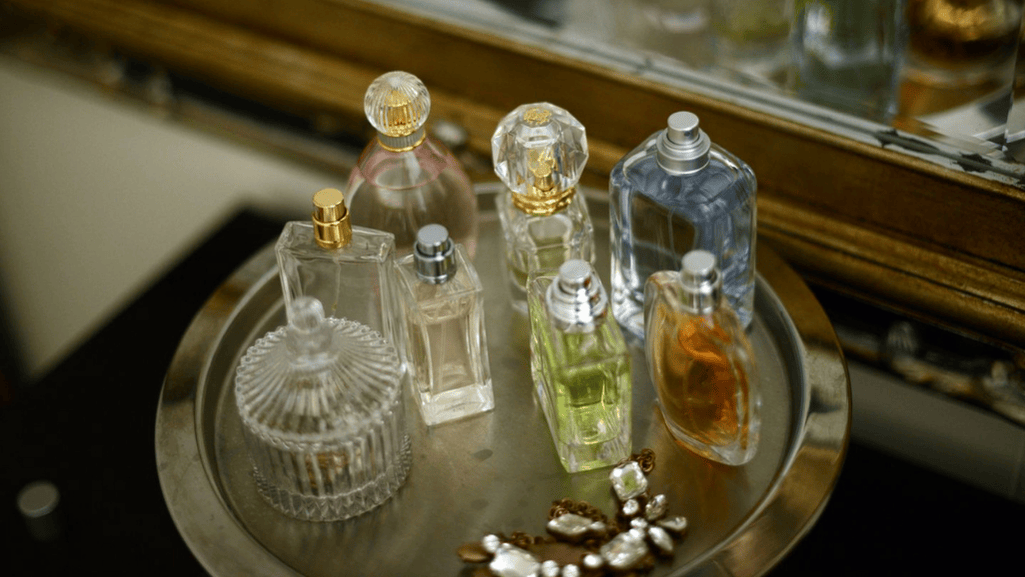
Properly storing perfume is crucial to maximize its shelf life and preserve its fragrance. By following these storage practices, you can extend the lifespan of your perfume and ensure its scent remains intact.
Tips for Perfume Storage
- Keep your perfume in a cool and dry location. Excessive exposure to light and heat can accelerate the deterioration of the fragrance.
- Avoid storing perfume in areas with temperature variations, such as the bathroom or near windows. Fluctuating temperatures can affect the fragrance’s stability.
- Protect your perfume from excessive exposure to oxygen. Oxygen can degrade the perfume and affect its scent over time.
- Opt for a dark location to store your perfume. Direct sunlight can cause the fragrance to break down and lose its original scent.
By applying these storage practices, you can preserve the quality and longevity of your perfume. Remember to keep it in a cool, dry, and dark place away from direct sunlight and temperature fluctuations. Doing so will ensure your fragrance stays fresh and vibrant for as long as possible.
Conclusion
When it comes to selecting the perfect fragrance, understanding the differences between eau de parfum and eau de toilette is essential. Eau de parfum offers a longer-lasting and more intense scent due to its higher concentration of fragrance oil. On the other hand, eau de toilette is lighter and fresher, ideal for everyday wear. The choice between the two depends on personal preference and desired fragrance strength.
Exploring different variations of a scent and trusting your nose’s instincts are key to finding a fragrance that suits you best. By properly storing your perfume in a cool, dry, and dark place, you can maximize its longevity and preserve its scent. Moreover, following the correct application tips, such as spraying on pulse points, can enhance the overall fragrance experience.
Whether you prefer the long-lasting intensity of eau de parfum or the fresh and light characteristics of eau de toilette, your fragrance journey is unique. Embrace the power of scents and choose the concentration that reflects your personal style and individuality.
FAQ
What is the difference between eau de parfum and eau de toilette?
Eau de parfum has a higher concentration of fragrance oil, resulting in a longer-lasting and more intense scent. Eau de toilette, on the other hand, is lighter and fresher, making it suitable for everyday wear.
What determines the pricing difference between eau de parfum and eau de toilette?
The pricing is not determined by the difference in ingredients but rather the concentration of fragrance oil in the product.
How long does a perfume last?
The longevity of a fragrance varies based on its concentration, quality of ingredients used, individual notes, and the wearer’s skin chemistry. Generally, eau de parfums have better sillage and longer-lasting scents compared to eau de toilettes.
How should I apply perfume correctly?
To maximize the scent longevity, spritz the fragrance directly onto pulse points such as the neck or wrist. Avoid common perfume mistakes such as applying too much or rubbing the fragrance into the skin. For a longer-lasting evening fragrance, consider spraying the perfume once or twice into the hair.
How should I store my perfume to maximize its shelf life?
Keep your perfume in a cool, dry, and dark location to avoid excessive exposure to light, temperature variations, and oxygen. By following these storage practices, you can extend the lifespan of your perfume and preserve its fragrance.

